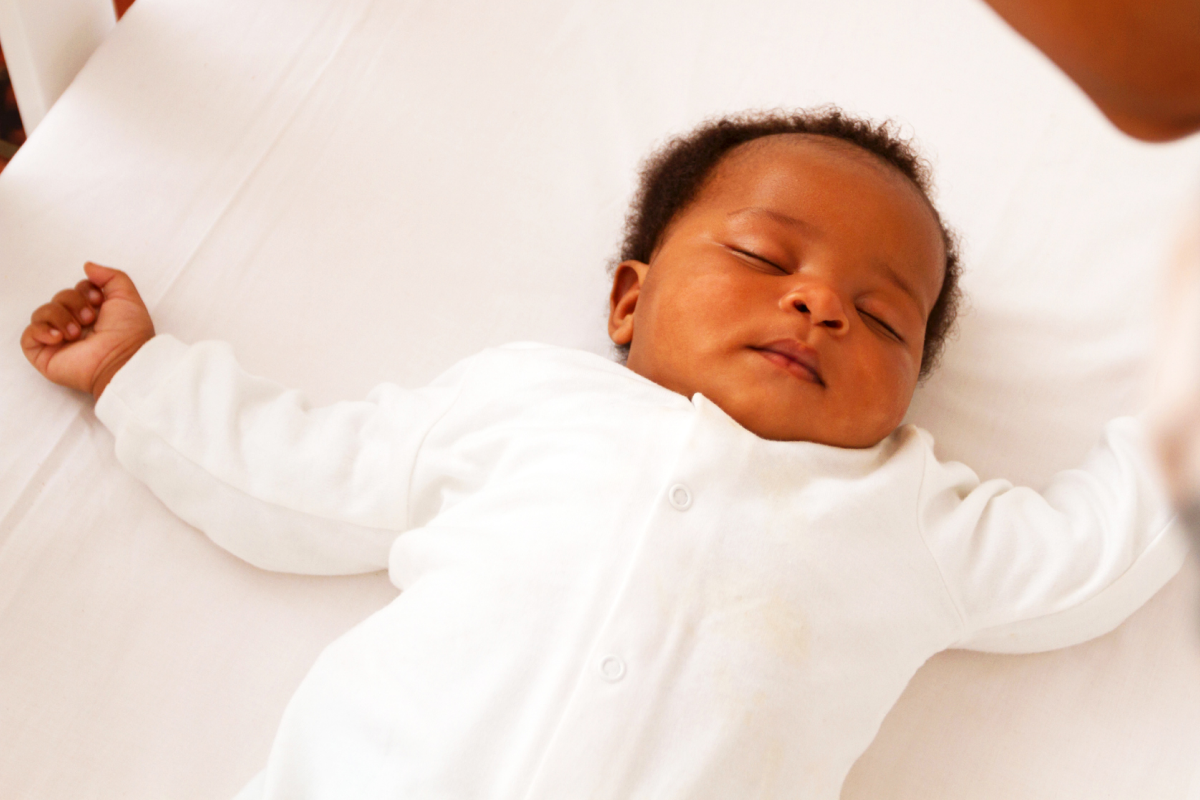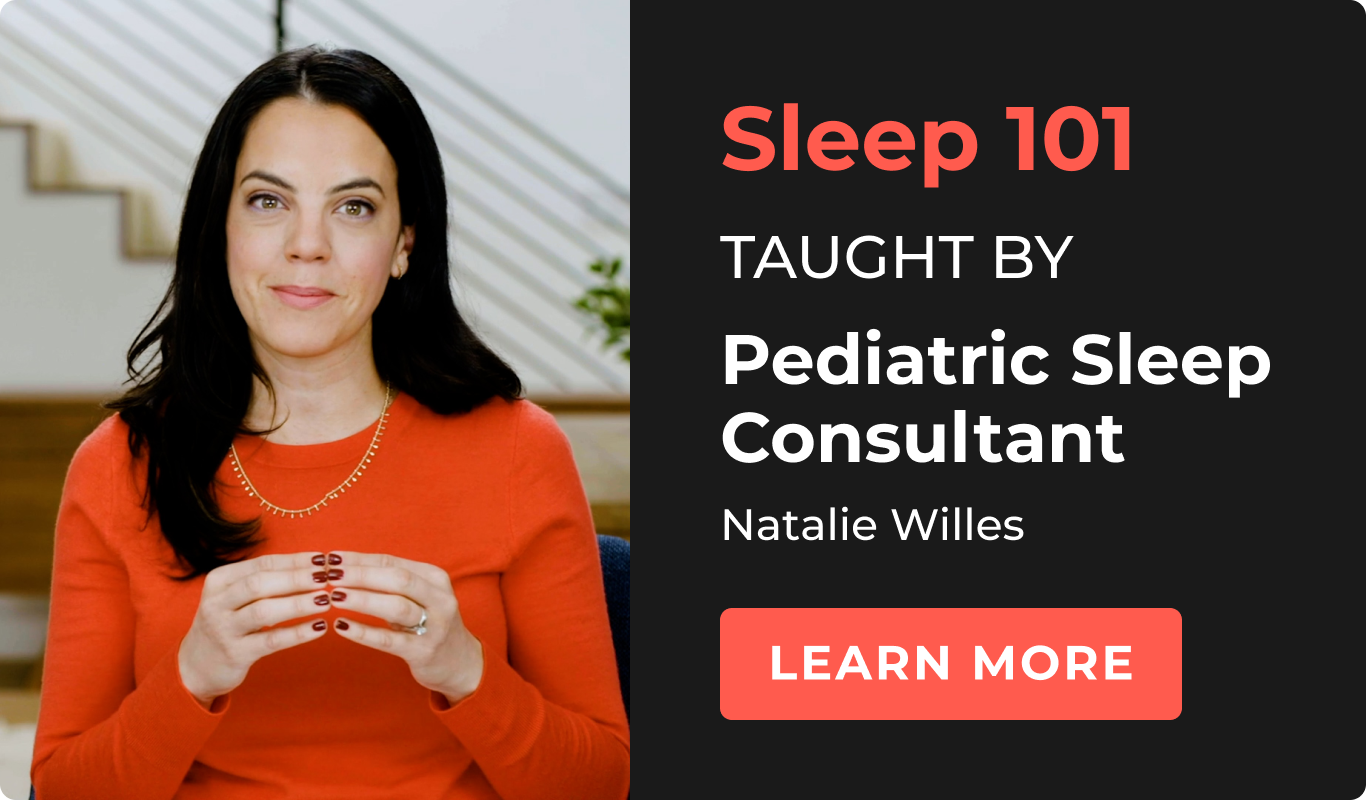
Let’s cut to the chase: if you are reading this article, you are probably looking for ways to get your baby sleeping through the night or taking longer, more age-appropriate naps. Which means you might be considering sleep training and wondering when’s the right time to begin.
Of course, every baby and every family is different, so when it comes to timing, there isn’t a one-size-fits-all solution. But there are some key signs to look for that indicate you and your family are ready.
1. Your baby is over 16 weeks of age and not yet climbing out of their crib.
While we all wish our babies were capable of sleeping 12 hrs a night from the day they’re born, it’s just not possible. But as they approach 4 months old, their sleep patterns change and long, consolidated stretches of nighttime sleep become a more reasonable expectation. Just remember to calculate age by due date, not by birth date here. And if you are thinking you might have missed the boat, chances are you haven’t. Many sleep training methods can be used through the first year and beyond, so long as baby isn’t climbing out of their crib.
2. Your baby cannot fall asleep or go back to sleep without assistance.
If your baby has to be rocked or fed to sleep both at bedtime and when they wake up in the middle of the night, or they use pacifiers, they are relying on what are called sleep props to be able to fall asleep. Unfortunately, babies often don’t just grow out of their sleep props, so it’s up to us as parents to help them transition away and learn the skill of 100% independent sleep.
At its core, this is what sleep training is all about: helping baby learn the vital skill of independent sleep. And the method outlined in Tinyhood’s Sleep 101 will show you not only how to cut out all potential sleep props on the very first night, but how to do so in a way that minimizes crying and accelerates baby’s learning process.
3. You’ve had a conversation with your pediatrician.
There are going to be questions that come up along the way, so it’s best to get in front of them and have a conversation with your pediatrician beforehand. Let them know exactly what your plan and sleep training technique are. Give them the details of the program you plan on using, so you know you have their approval to implement this method with your child. After all, they know your baby and their development best, so they can and should ultimately approve a plan for you.
Tinyhood’s Sleep 101 helps you have this important conversation by providing you with a list of questions to ask before you begin, so you can be sure this method is right for your baby and feel confident throughout the sleep training process.
4. Your lack of sleep is impacting your mood, health, productivity, and relationships.
Sleep is not only important for your baby’s development, both now (with higher cognitive scores, better language development & better overall mood being just some of the benefits), it’s important for your ability to, you know, function.
Simple fact is, when parents sleep better, they are healthier, happier in their relationships, and more productive at work. Quality, uninterrupted hours of sleep have also been shown to resolve some postpartum mood & anxiety disorders. So please don’t discount your own needs when making this decision.
5. You want to.
If your gut is telling you that sleep training is the right next step for your family, listen to it. Remember: you are the authority on your family.
And wherever you find your family is ready to sleep train, make sure you have a clear plan you understand and can be consistent with. Tinyhood’s Sleep 101 course takes you step-by-step through every phase of the sleep training process, from how to plan to how to prepare, and ultimately, how to execute. The method shared here has helped 10,000 families teach their babies to sleep independently & with minimal tears. It also covers some of the most common sleep disruptions, from teething to travel to developmental milestones, so you can confidently troubleshoot sleep problems from now through toddlerhood.
About our Expert
Natalie Willes is a certified baby & toddler sleep expert who has helped 10,000 families worldwide. She roots her method in safety & science to help empower children & bring families the rest they all deserve.




